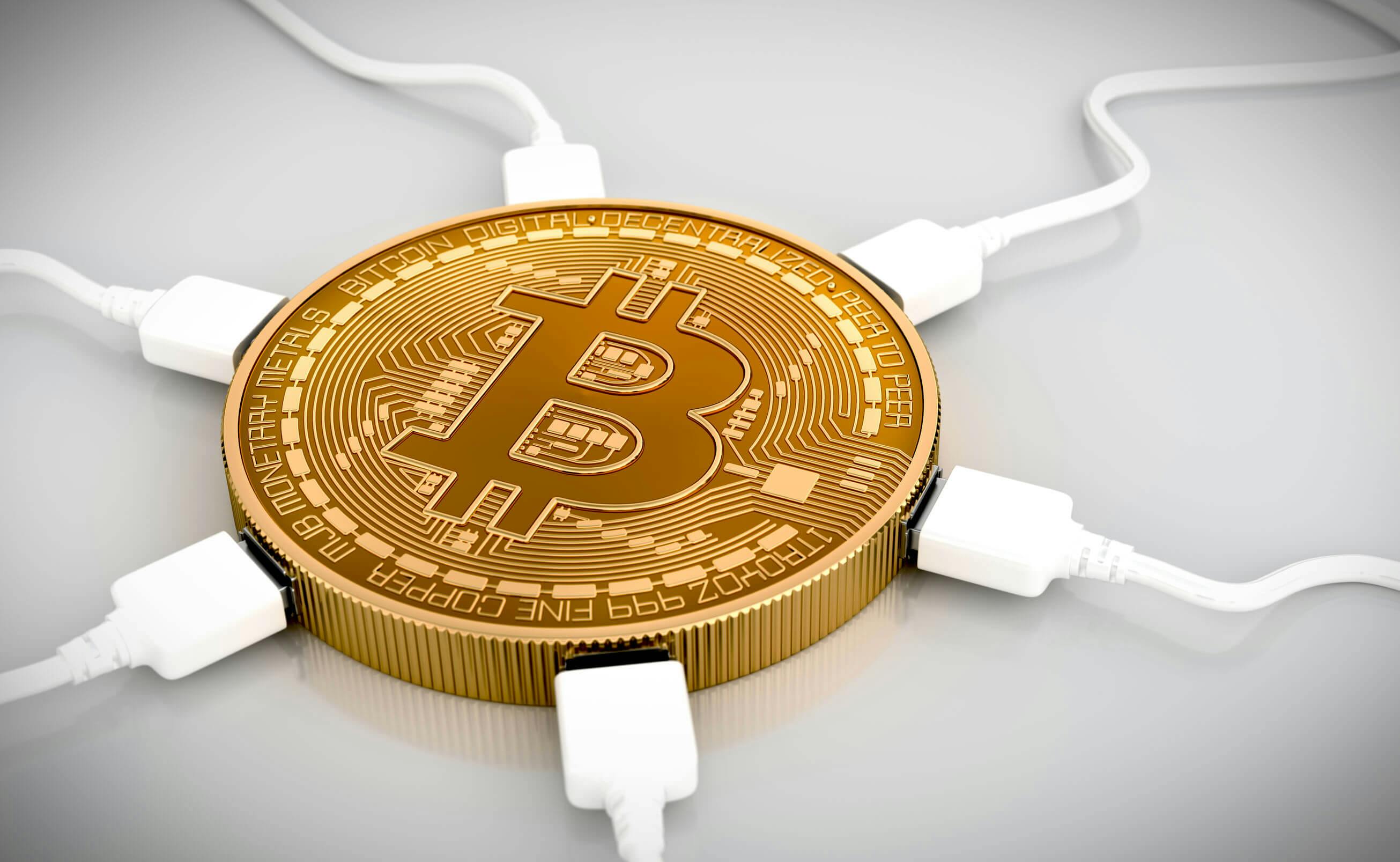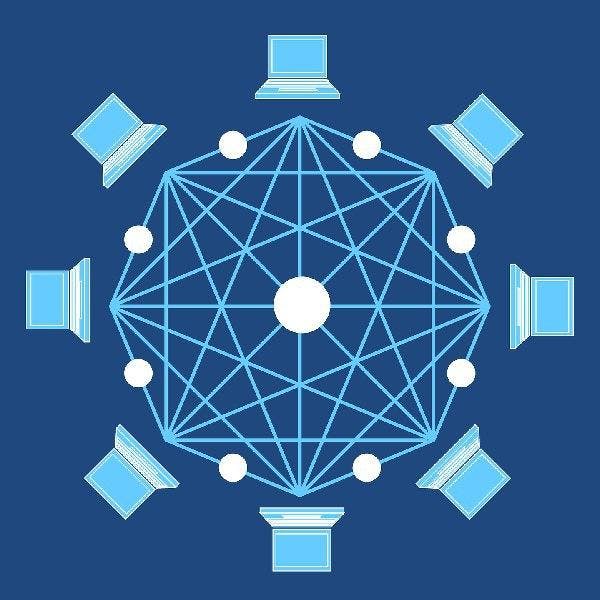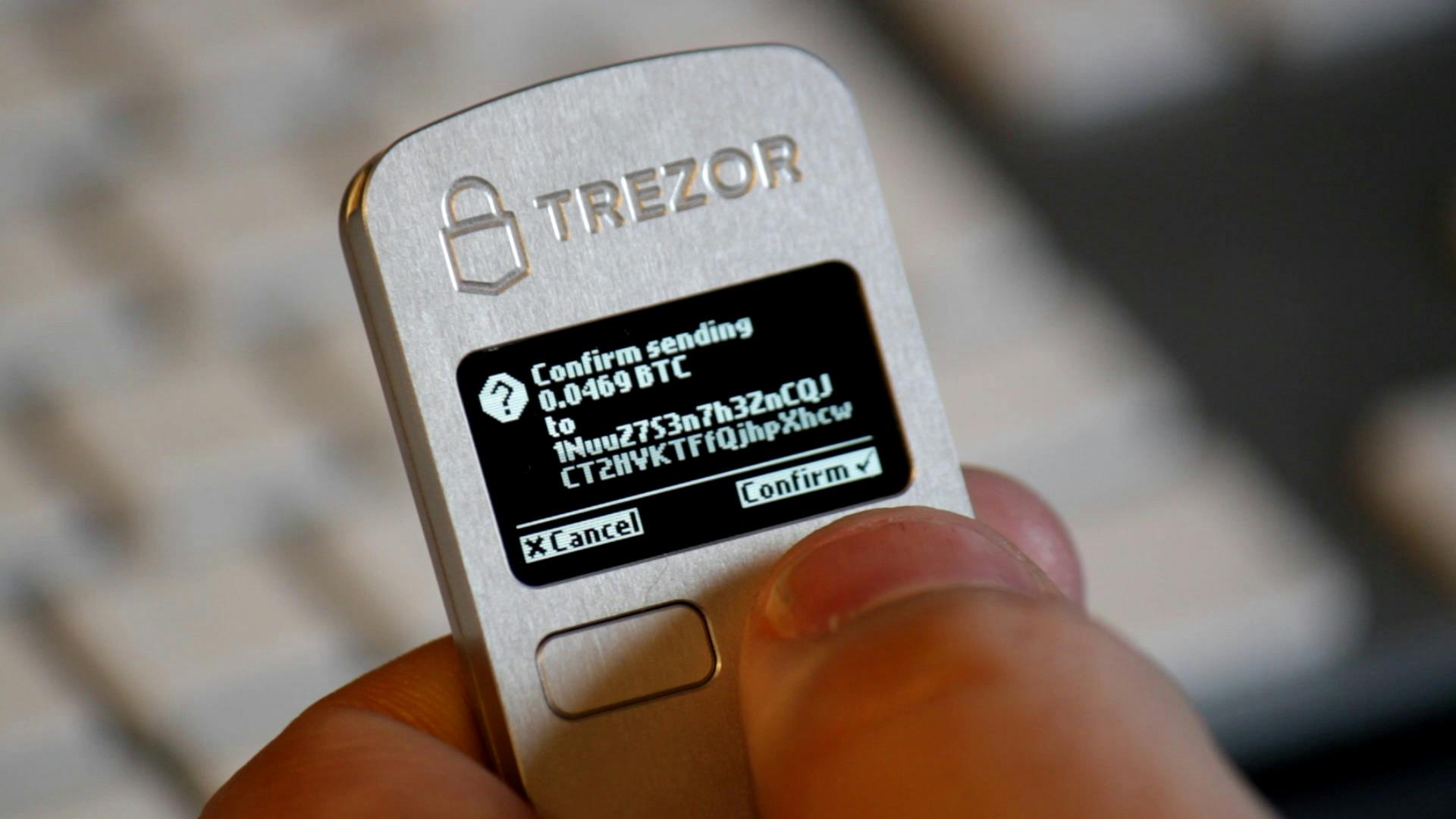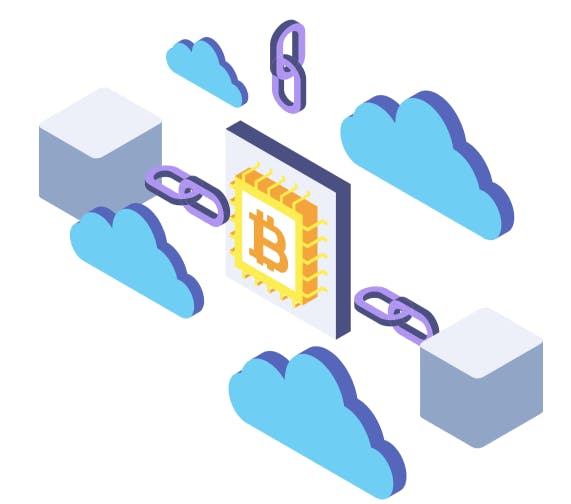
- All
- Tools
- Analytics
- Technical Analysis
- Trading
- Blockchain
- DeFi
- Guides
- Company News
- Educational
- Opinion
- Price Predictions
- Market News
- News
- Trading cases
- Practical guides
- Exchanges
- Trading signals
- Cryptocurrency
- Crypto bots
- Other
Become a crypto master
Learn everything about crypto,
trading and bots

Security Tokens
Start Trading on 3Commas Today
Get full access to all 3Commas trading tools with free trial period

Many expect cryptocurrencies to serve as an improvement on existing financial solutions. Blockchain technology offers a wide variety of tools that can perform particular functions and may well become the base for the new financial system. In this article, we will look into security tokens, which are the digital counterpart of securities.
What are security tokens?
Morgan Creek Capital’s managing partner, Anthony Pompliano, defines security tokens as “digital assets subject to federal security regulations; they are the intersection of digital assets (tokens) with traditional financial products.” That is, security tokens are programmable ownership of a particular asset, such as real estate, stocks, dividend payments, etc.
When is a token a security?
To determine whether a certain token belongs to the category of security, the Howey test is used. The “ Howey Test” was created by the Supreme Court for determining whether certain transactions qualify as “investment contracts.” Under the Howey Test, a transaction is an investment contract if all of the criteria below are met:
- It is an investment of money
- There is an expectation of profits from the investment
- The investment of money is in a common enterprise
- Any profit comes from the efforts of a promoter or third party
If the test gives a positive result, then under the Securities Act of 1933 and the Securities Exchange Act of 1934, financial transactions are considered securities and, therefore, subject to specific disclosure and registration requirements. This means that only accredited investors can legally buy these securities.
To become an accredited investor in the United States, you must own assets worth over one million dollars (spouse’s joint assets are also taken into account) or have an income of over 200,000 USD for each of the last two years, or joint household income of over 300,000 USD for that same period.
One of the three requirements must be fulfilled to obtain an accredited investor in Russia.
- Own a minimum of 6 million rubles in the form of securities, derivatives, funds on accounts, or deposits.
- Length of service of at least three years in an organization that concluded transactions with securities or derivatives, or at least two years in an organization, holding a qualified investor status.
- Conclude transactions with securities for a total amount of 6 million rubles or more over the past year.
Security tokens use cases
The main advantage of security tokens compared to classic financial products is the ability to eliminate the need for a third party, i.e., a bank or a broker.
Advantages of security tokens compared to classic financial products:
- Round-the-clock access to markets
- Ability to own a part of the share
- Fast execution of transactions due to the absence of intermediaries
- Simplification of exchange/trade operations
- Ability to create an ecosystem of related services.
If you want to profit from the increase in the S&P 500 index price but do not want to invest $3,000 in the asset, you can buy a security token of this index and enjoy all of the asset’s advantages.
However, it is worth mentioning that currently, the liquidity of the security tokens market is extremely low. According to the website securitytokencap.io, the daily trading volume of these tokens does not exceed $100,000. Such volumes are not able to satisfy the needs of accredited investors.
STOs
STOs are a way to raise funds similarly to ICOs, but with its own characteristics. ICOs use cryptocurrencies that are useless outside of the blockchain. The value of these cryptocurrencies lies precisely in the technology of the platform they are launched on.
STOs, in turn, offer assets similar to securities, which are either fully placed within the legal framework, or have a fixed value on predetermined conditions. Some STOs are registered with the Securities and Exchange Commission (SEC), which means that the process has followed all of the legal requirements.
There are specialized platforms that conduct STOs, with Polymath, Smartlands, Securitize, and Harbor being some of the examples. However, STOs can be held on Ethereum, EOS, Neo, and other blockchains, collecting funds on the smart contract address. However, this approach is riskier, since, by law, only accredited investors can participate in STOs.
The Evolution of Security Tokens in 2023
As we tread into the dynamic financial landscape of 2023, security tokens emerge as the harbinger of a new era, weaving together the realms of blockchain technology and traditional finance. Security tokens, digital representations of ownership in real financial assets, have undergone substantial evolution, with innovations converging to address regulatory compliance, market liquidity, and asset interoperability.
Regulatory Clarity & Compliance
In 2023, regulatory frameworks around security tokens have gained clarity and precision, propelling an influx of institutional participation. The enforcement of stringent compliance mechanisms, incorporating Know Your Customer (KYC) and Anti-Money Laundering (AML) protocols, has been instrumental in legitimizing security tokens, delineating them from the more maverick realms of cryptocurrencies and utility tokens.
Asset Tokenization
The tokenization of assets has been pivotal in broadening the spectrum of accessible investment opportunities. Real estate, artworks, and even shares of companies can be tokenized, democratizing access to asset classes traditionally hindered by high entry barriers. This transformation allows for fractional ownership, liquidity enhancement, and the opening of global markets, enabling a more inclusive investment landscape.
Technological Advancements
Innovative advancements in blockchain technology have unlocked new potentials for security tokens. Enhanced smart contract functionalities have paved the way for automated compliance and facilitated the incorporation of more complex financial structures and rights within the tokens themselves. Additionally, the development of interoperable blockchain networks has fostered a seamless exchange of assets across diverse platforms.
Marketplaces & Liquidity
The advent of specialized security token exchanges and marketplaces in 2023 has addressed one of the pivotal challenges—liquidity. These platforms operate within regulatory frameworks, offering a secure and compliant environment for the trading of tokenized assets, thus enhancing market depth and liquidity.
Institutional Participation
The increased regulatory clarity and the prospect of tapping into a broader investor base have attracted significant institutional interest. Traditional financial institutions are increasingly embracing security tokens as a means to streamline processes, access liquidity, and engage with a global investor base, further propelling the security token ecosystem into mainstream finance.
Risk & Challenges
Despite the significant strides, the journey of security tokens is replete with challenges. Concerns around the legal enforceability of token ownership, technological risks associated with smart contract vulnerabilities, and market risks from price volatility remain. The evolving regulatory landscape necessitates continuous adaptation, impacting the development and adoption of security tokens.
Conclusion
Security tokens in 2023 stand at the intersection of innovation and regulation, amalgamating the benefits of blockchain technology with the assurance of regulatory compliance. The evolution witnessed in asset tokenization, technology, and market structures is transformative, holding the promise of reshaping the financial ecosystem by introducing efficiency, inclusivity, and global accessibility. As the security token landscape overcomes its hurdles and continues to mature, it remains a focal point in the ongoing dialogue between decentralized finance and traditional financial institutions, painting a picture of a more integrated and equitable financial future.

A proven leader, successful at establishing operational excellence and building high-performance teams with a sharp focus on value creation and customer success.





